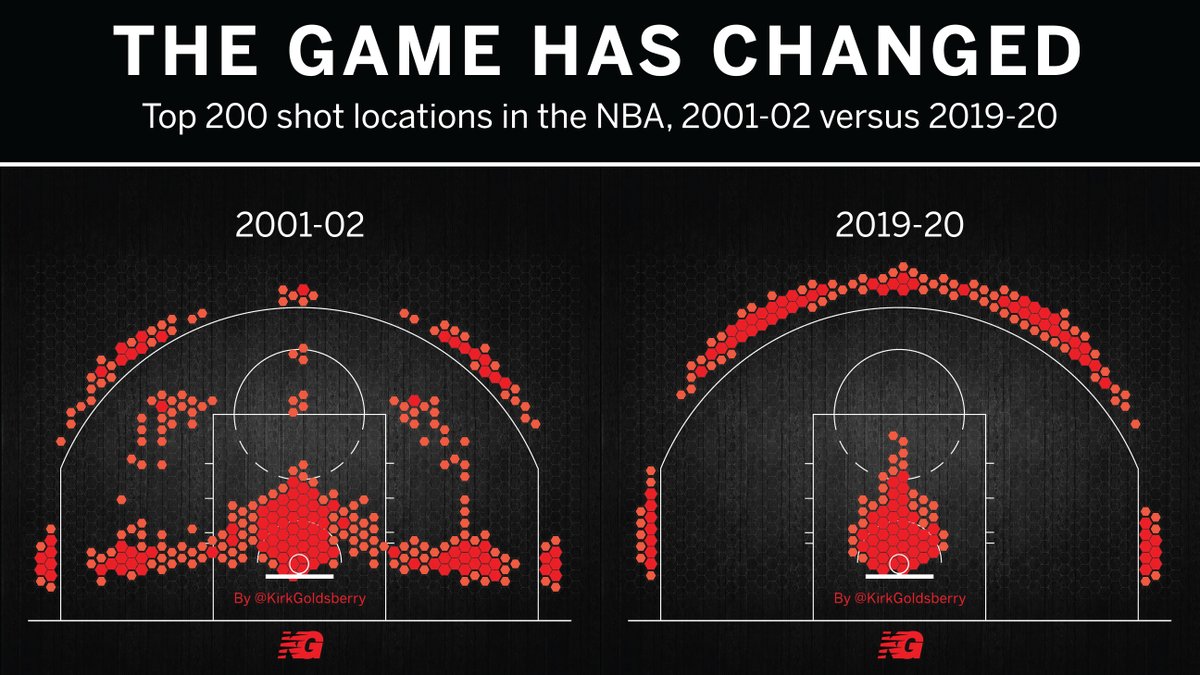To receive a free full-text email of The Zeitgeist whenever we publish to the website, please sign up here. You’ll get two or three of these emails every week, and your email will not be shared with anyone. Ever.
When Ben and I have conversations about analyzing the structure of narratives, one of the things we talk about most is the distinction between narratives defined by topical similarity and those defined by similarity in affect or non-topical turns of phrase.
For example, sometimes it is useful to know that the language in coverage of another Lee Cooperman rant about “The Algos” is more or less similar to other clusters of financial markets commentary. But when we see the Cooperman Algos stories all clustered together by themselves, we can be pretty certain that it is a topical cluster, defined by words which describe a thing. In this case, that thing is Cooperman’s willingness to blame every 50bp drop in the S&P 500 on poor liquidity, dumb computers, volatility targeting, risk parity and other such bogeymen. It is simply our collective lot to puzzle out why big up days with practically no major earnings or macro news don’t yield similar frustration.
We may instead see clusters which aren’t so much defined by a topical similarity, but by the affect, quality, sentiment and distinctive traits of language being used, independent of whether they are being used to describe the same thing. Terms and phrases used to describe wealth inequality or social injustice, for example, find their way into very different topics and create dimensions of similarity that begin to shape all sorts of narratives.
We generally find the latter more interesting and informative, but even when clusters are topically driven, we can still measure their proximity to affect/non-topical language-driven clusters. If Facebook earnings coverage (topical) is more similar to affect-driven clusters of articles about billionaires, anti-trust legislation, politics and social justice, that may have meaning. To us, anyway.
Sometimes an article comes across the Zeitgeist which gives you a little bit of both: a clear linguistic relationship to a substantively significant and intuitive topic of the day, elevated in interconnectedness within the overall Narrative structure by the affect and quality of its language.
That, dear reader, is how we end up with this at the top of the Zeitgeist:
Amazon Removes Auschwitz Christmas Ornaments, Bottle Openers After Outrage [Huffington Post]

Horrifying.
Horrifying for obvious reasons. But also horrifying that being topically related to Black Friday / Cyber Monday topics and non-topically related by merits of the affect of language used in discussion of the horrors of Auschwitz makes something the most similar to all other financial news published over the weekend and today.
December can only get better from here, right?




What’s so unusual about this? read the comments to any post on ZH. within the first 20 I guarantee that all the evils in the world are the fault of Jews/Israel, Mossad/Rothschilds/Soros (Rudy: “I’m more Jewish than Soros!”),
Billions in Arab money poured endlessly in anti Israel, anti Jew propaganda. “Students for Justice in Palestine.” An oxymoron. Idiots believing that Israel is apartheid, look at Saudi Arabia, or any of a dozen other countries where Kaffirs are not allowed or where the live in Dhimmi status. The Holocaust never happened is a Yuuuuge industry. 20 million white Christian Russians died so why are a few million Jews so special? I could go on, but even adopting Full Heart/Clear Eyes, I think we can lose. Hertzl even proposed mass conversion to Catholicism before coning up Der Hudenstat. Wouldn’t have saved anybody as the Germans went back 4 or 5 generations. Same as it ever was.